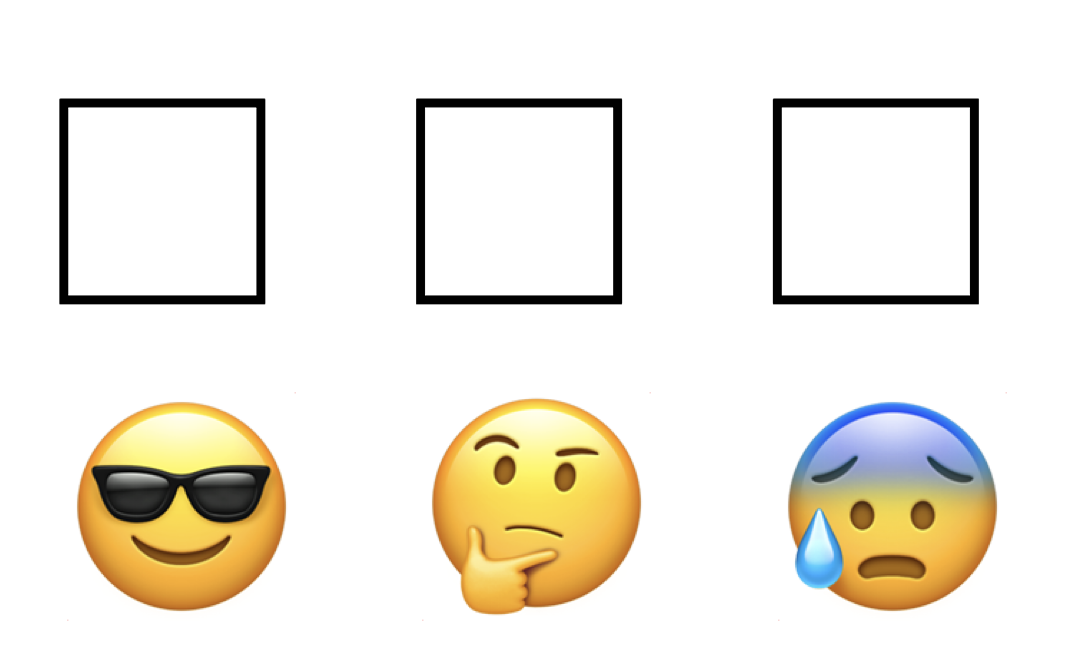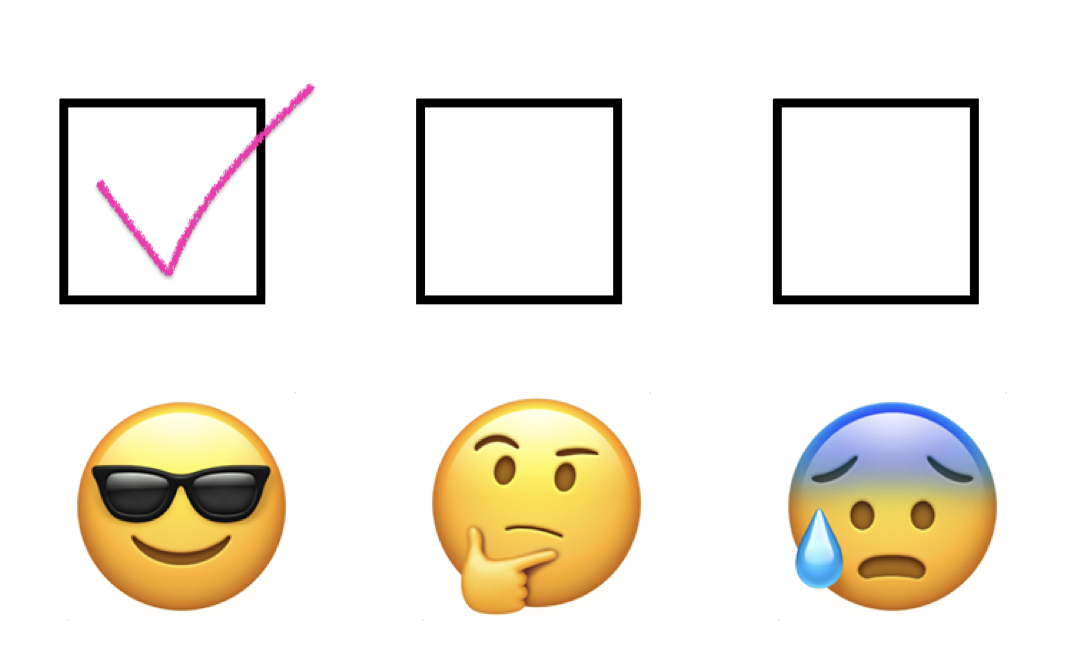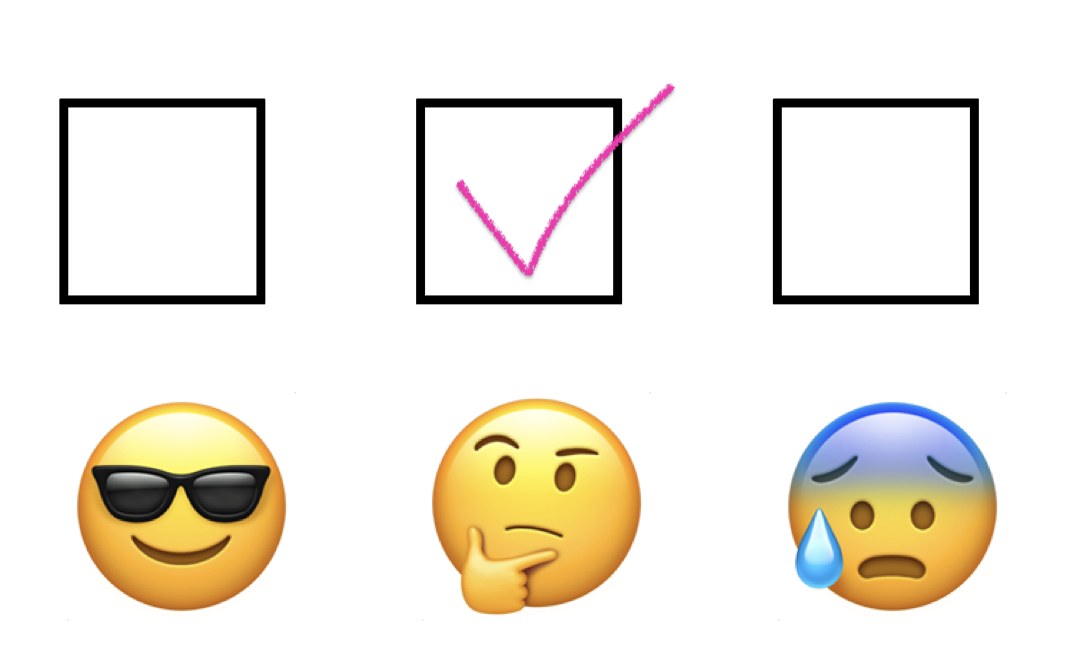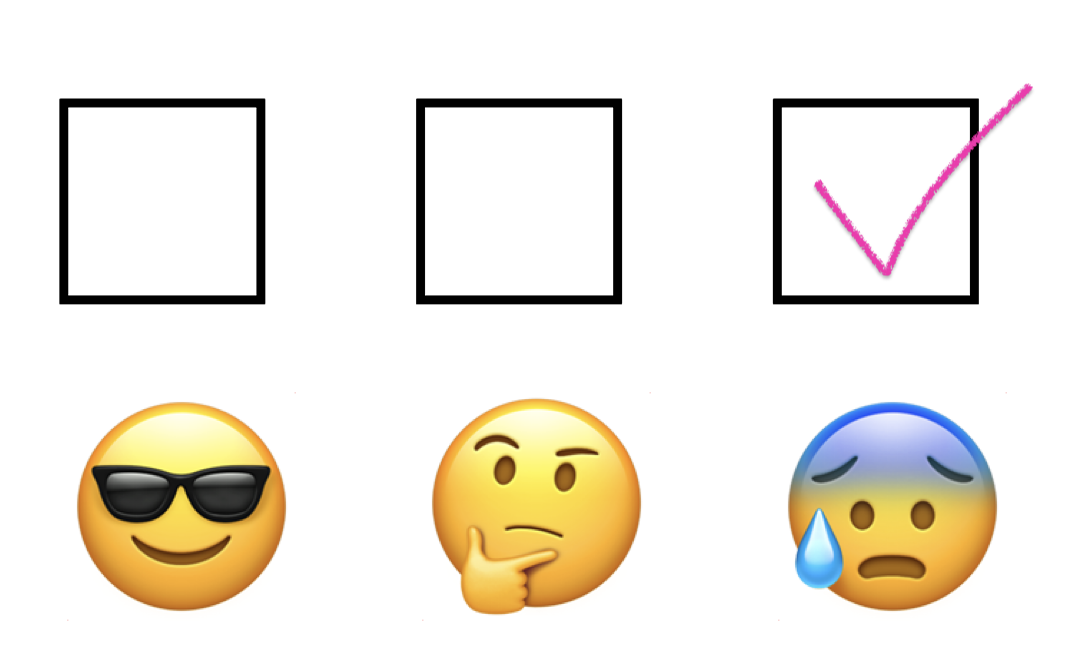Homework 2
Instructions
- Download the printable version of this assignment here. Print it out and record your answers directly in the space provided.
- Write your name and student number on the top of the assignment.
- For problems requiring additional written work, use the allotted work space and/or margins of the page.
- Once you’re done with a problem, reflect on how you well-equipped you felt answering that particular problem using the confidence level assessment.




- Turn in your assignment in class on the due date.
Questions
Question 1
The following table provides chart data for the patients in a particular hospital ward:

| Patient | Room | Physician | Condition | Length of stay |
|---|---|---|---|---|
| Carter, M. | 202 | Pollock | Critical | 8 days |
| Levin, J. | 203 | McClare | Fair | 4 days |
| Fox, J. | 203 | Lench | Good | 5 days |
| Garcia, L. | 205 | Lench | Fair | 7 days |
| Arluke, A. | 201 | Pollock | Serious | 2 days |
| Parodi, A. | 203 | McClare | Good | 9 days |
| Stark, D. | 204 | Lench | Fair | 5 days |
| Chow, F. | 202 | Pollock | Critical | 1 day |
| McDevitt, J. | 204 | Loftus | Serious | 2 days |
Name and calculate the most appropriate measure of central tendency and variability for each of the following variables. Feel free to provide a justification for your choice of measure as you see fit.
Room number
Measure of central tendency: _____________________________________
Measure of variability: ____________________________________________
Physician
Measure of central tendency: _____________________________________
Measure of variability: ____________________________________________
Patient condition
Measure of central tendency: _____________________________________
Measure of variability: ____________________________________________
Length of hospital stay
Measure of central tendency: _____________________________________
Measure of variability: ____________________________________________
Question 2
A researcher collected information on the number of text messages sent over an 8-hour period by a group of teenagers and a group of parents. The data collected are as follows:

| Case # | Number of Texts |
|---|---|
| 1 | 4 |
| 2 | 27 |
| 3 | 10 |
| 4 | 8 |
| 5 | 5 |
| 6 | 4 |
| 7 | 11 |
| 8 | 7 |
| 9 | 9 |
| 10 | 5 |
| Case # | Number of Texts |
|---|---|
| 1 | 0 |
| 2 | 6 |
| 3 | 5 |
| 4 | 2 |
| 5 | 9 |
| 6 | 10 |
| 7 | 7 |
| 8 | 9 |
| 9 | 6 |
- Find the mode, median, mean, range, and standard deviation for the number of texts sent by each group (teenagers and parents).
TEENAGERS
MEAN ____________________
MEDIAN ____________________
MODE ____________________
RANGE ____________________
STANDARD
DEVIATION ____________________
PARENTS
MEAN ____________________
MEDIAN ____________________
MODE ____________________
RANGE ____________________
STANDARD
DEVIATION ____________________
- Which group – teenagers or parents – tended to send more texts? Support your answer using statistics you calculated for Part a. [Choose the most useful statistics for making your case].
Answer:
- Which group – teenagers or parents – had the greatest diversity in the number of texts sent? Support your answer using statistics you calculated for Part a. [Choose the most useful statistics for making your case].
Answer:
- What do your calculations indicate about the shape (symmetrical, negatively/left skewed, or positively/right skewed) of the distributions for the two groups?
Answer:
- If you removed the most extreme case (the person with the most text messages) from each of the distributions, would your answers to Parts b and c change?
Answer:
Question 3
A teacher asked a sample of 18 junior high school students how many hours of television they watched during the previous weekend. The results of the survey are summarized in the following frequency distribution.

| Hours of TV | Frequency |
|---|---|
| 5 | 3 |
| 4 | 5 |
| 3 | 6 |
| 2 | 2 |
| 1 | 2 |
| 0 | 0 |
Calculate the following statistics to describe these data:
MEAN ____________________
MEDIAN ____________________
MODE ____________________
RANGE ____________________
STANDARD DEVIATION ____________________